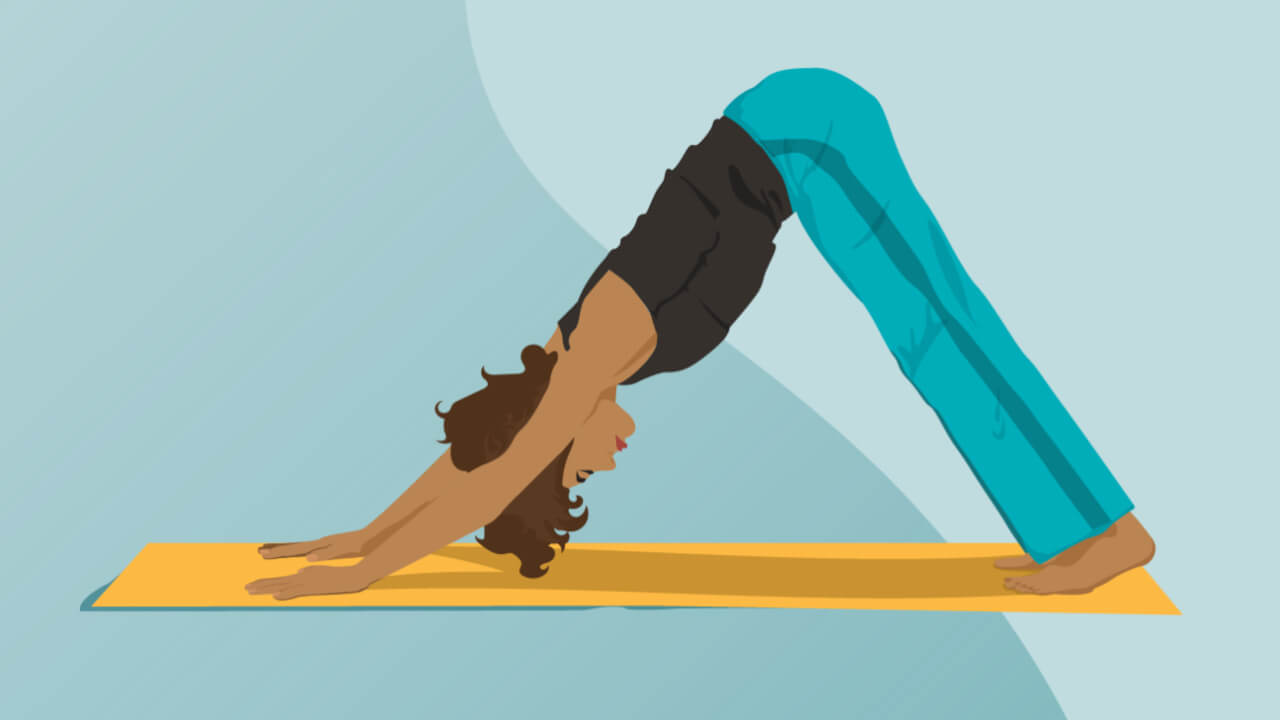

Are you interested to find out more about how hot yoga might help you? We’ll examine more closely what this sweat-inducing exercise can do for you in this post, along with how to get started.
What are the advantages of doing hot yoga?
Both hot yoga and Bikram yoga seek to promote mental relaxation and enhance physical fitness, regardless of the ambient temperature.
A heated room can make practicing yoga more difficult, but some of the advantages can be worthwhile, especially if you’re hoping to advance in one of the areas listed below.
1. Enhances flexibility
Perhaps you are already aware that stretching warm muscles is safer than extending cold ones.
It follows that a setting like a heated yoga studio can facilitate and enhance yoga positions. You can extend your range of motion and stretch a little bit further thanks to the heat.
2. Burns additional calories
Traditional yoga can help a 160-pound person burn about 183 calories in an hour. Increasing the temperature can aid in calorie burning.
3. Enhances bone density
In a yoga posture, bearing your own weight helps increase bone density. Given that bone density decreases with age, this is crucial for premenopausal women and elderly persons in general.
4. Lessens tension
Many individuals use yoga as a healthy stress-reduction technique. A 16-week hot yoga program indicated that participants’ stress levels were dramatically lowered. The subjects were physically inactive, stressed adults.
Source: Health Life
275
Also Read: 5 Simple Indoor Workouts To Do Over The Weekend If You Don’t Feel Like Going To The Gym
In today's article, we will learn the importance of happiness and how to maintain it…
Today, we will look at three common mistakes couples make in their relationships regarding intimacy…
In this article, we will learn about the simple ways that can help one overcome…
Check out the list of couples' biggest relationship mistakes in this article.
In this article, we will learn about anxiety and how one can handle it in…
In this article, you will understand the horrifying effects of child abuse.